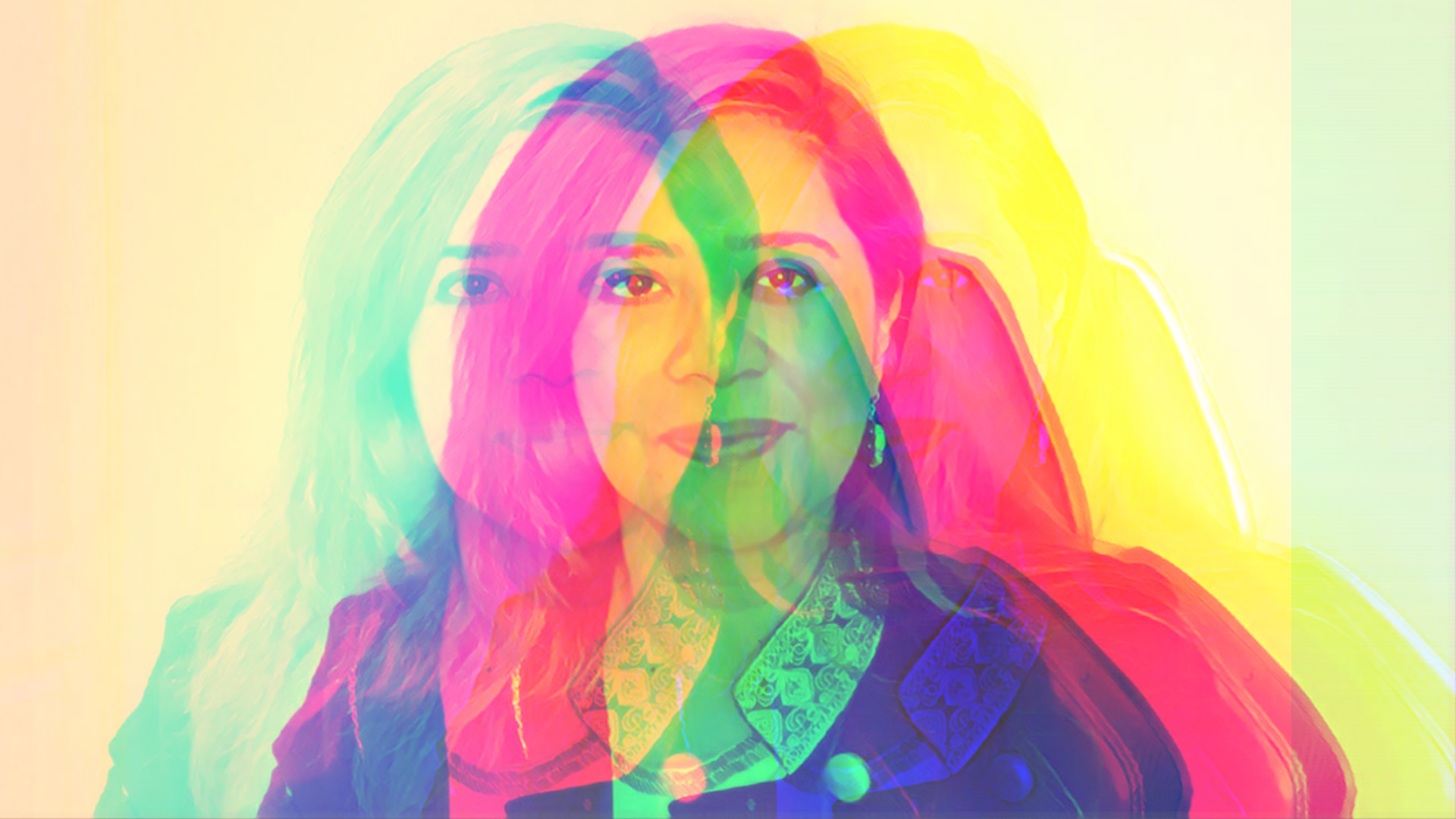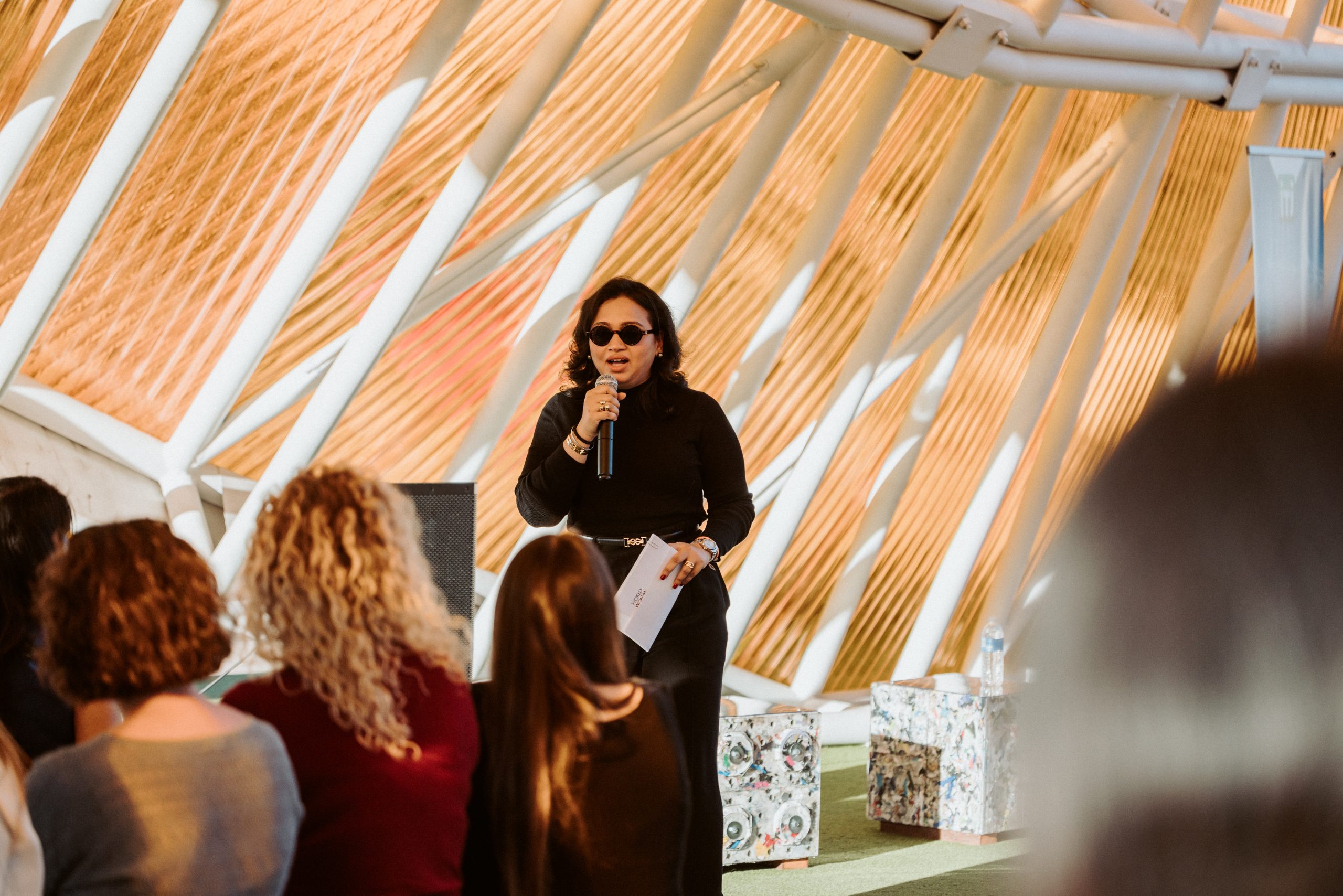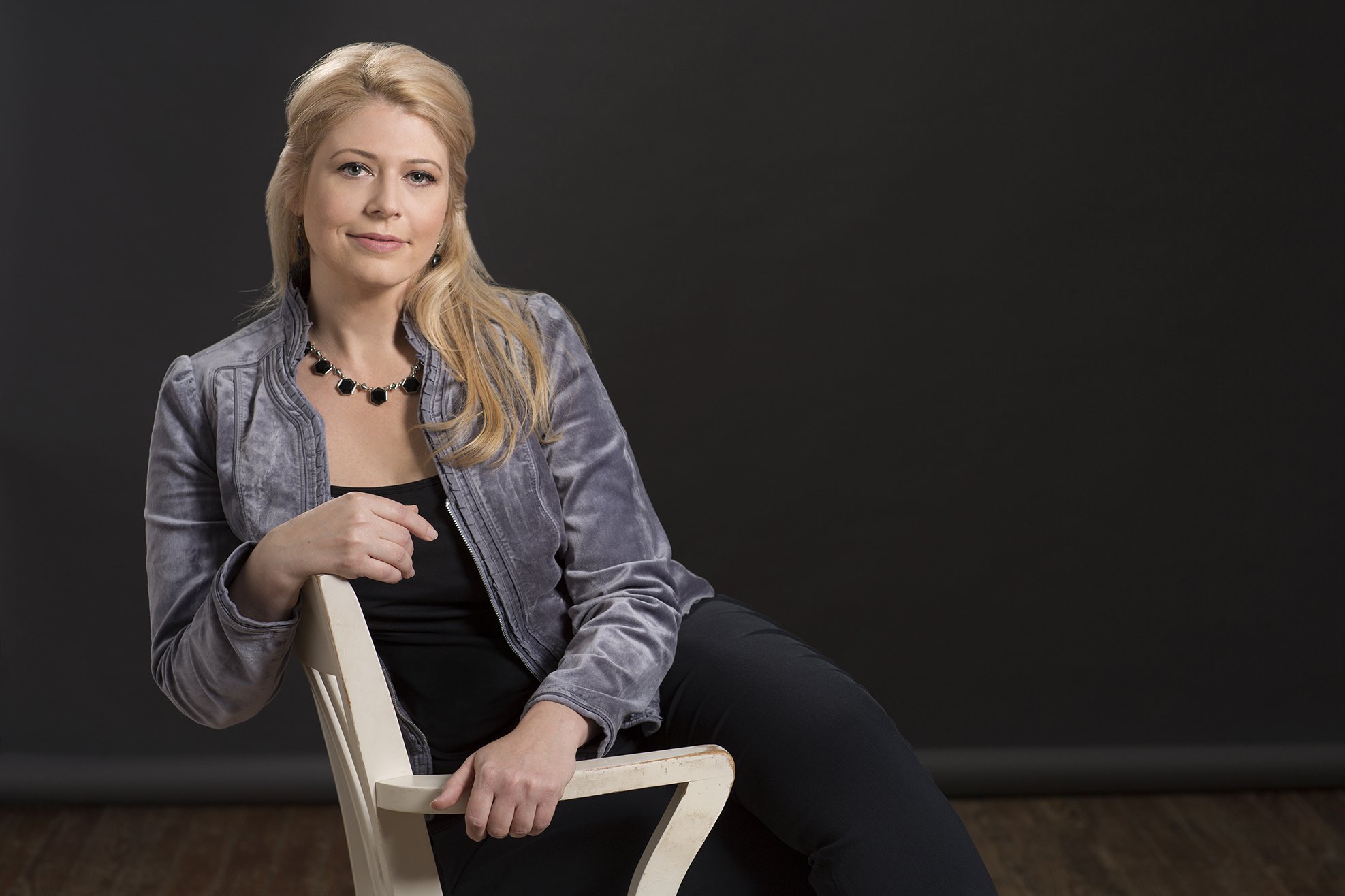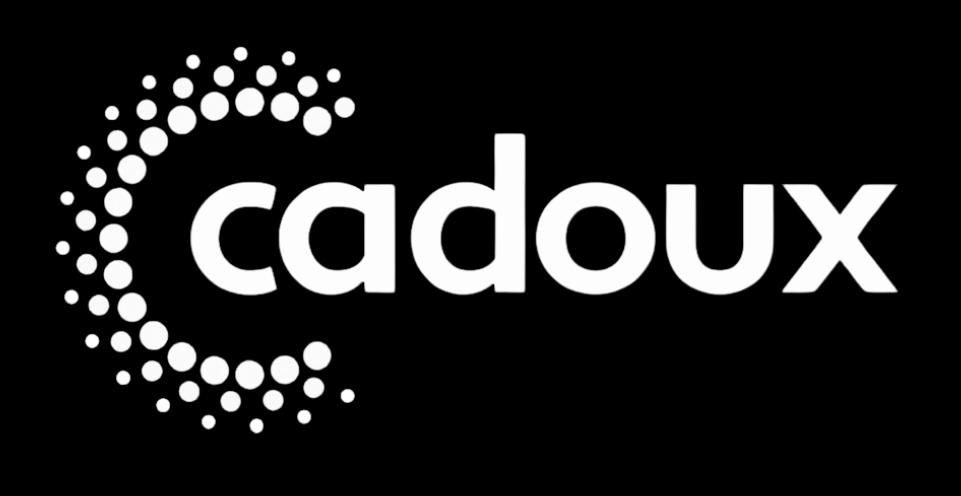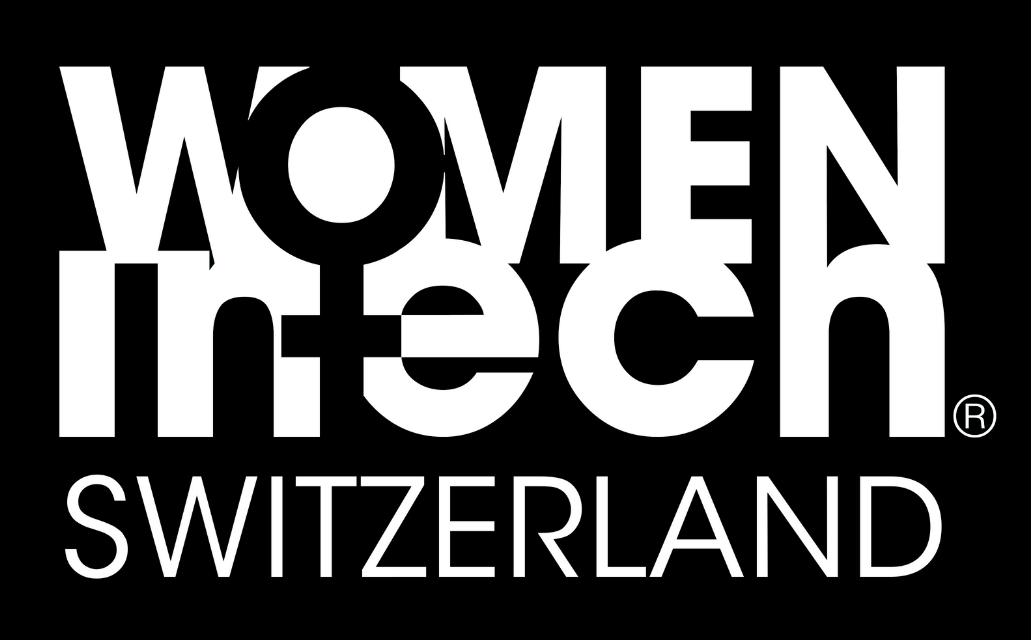Shaloo Garg is a champion of innovation and technology and is the Managing Director at Microsoft’s Late Stage Startups and Unicorns program. She is passionate about technology’s power to effect positive social change, particularly for girls and young women struggling to access education. In this interview, she speaks about how she sees this happen in practice, community power, and leadership philosophy.
Q: How did you come to be in the position you are now?
Shaloo: I was born in India and grew up in the Middle East. My dad was a mechanical engineer and we traveled quite a bit at that time. I remember being in middle school and being friends with a girl in the neighborhood. I noticed that she never went to school, although her older brothers did. I was so jealous because she never had to prep for exams. But later, I found out she was not allowed to go to school because she was a girl, which bothered me for many years. I questioned my parents but couldn’t get a response that made me feel at peace. Later, when I was doing my Masters, I was given a project to use technology to solve a problem in the community. This was way back then when technology wasn’t as advanced as it is today. My old neighbor was still stuck in my head so I decided to build a solution that helps educate girls who do not have access to education.
Education is not just going to school. It’s not just a building with students and teachers. Education should be accessible by anyone and everyone in life. It’s one of the strongest passions I have, and I truly believe that technology is the strongest catalyst for change that we have today.
Q: Why is technology so important for you as a catalyst for change?
Shaloo: Technology has a rippling effect on our economy, society, and community. As an example, there’s a small rural area where they were not getting clean water. We went in and plugged in sensors to create a stream of clean water. And guess what? The mortality rate has declined in that area, and the economy is flourishing. Because more people equals more jobs and more money.
Q: Could you speak a little more about why you are passionate about getting girls to access to technology?
Shaloo: In my view, gender should never be an issue with accessing education. Everyone is born equal, so why should gender dictate who should go to school or not. I have done many initiatives with non-profits out there, and one of the biggest things that I have advocated for is challenging the status quo. We have the technology to drive change. All we need to do is make the effort. For example, there is a girl in South America I have been mentoring since she was five years. Each morning she wakes up and takes care of her family, but she doesn’t go to school. And the reason that she’s not allowed to go to school is that there are no bathrooms. It’s extremely heartbreaking that not having a girl’s bathroom in a school is preventing her from accessing education. This shouldn’t be her problem, it’s a community issue.
So imagine if we brought technology to her home. She can still continue whatever she is doing to help her family, but for one hour a day, she can log on to her device via her biometrics and continue with her education.
How powerful would that be? Balancing what her community wants to do, and at the same time continuing her education.
Q: What you mentioned about community responsibility is really powerful. Can you tell us more about that?
Shaloo: I’ve done quite a bit of research about this and oftentimes we get into these big communal issues, like teenage pregnancy or women’s health issues in rural areas. But the way I look at it, it is really a pyramid.
At the bottom of this pyramid is education. So if you make a strong ground for girls and young women to be educated and grow up in society as a male counterpart, I think that there is a lot we can solve right there at the foundational level.
The community plays a big role in this because unless her family allows her to go out of the door to school, she will not go. Because when she reaches the age of 13 the plan is probably to give her a dowry and marry her off to an older gentleman. Which is totally not acceptable.
The new areas I’m working in right now will involve grounding advocates in the fold. These advocates are folks who speak the local language, who are very passionate about opportunities for girls, and most of the time they are women.
So the advocates can have conversations with the girls in an environment where the girls feel very safe. The advocates ask the girls what more they can do to encourage them to study, and show them the benefits of continuing their education.
Community plays an important role in mobilizing change. Unless there is a change from top to bottom, it is very difficult to move.
Q: When you were growing up, who was your advocate that helped you get where you are today?
Shaloo: My biggest advocate was my mom. I remember her as a very strong woman who challenged the status quo. I feel that I get that part of my strength from her.
To give you an example, my sister wanted to be a commercial pilot and at that time only men flew commercial planes. But my sister got her license. Then in my professional life I’ve had some amazing role models, and I would advise every young girl, or man for that matter, to surround yourself with coaches and mentors. It’s extremely important in your career. Most of the folks who have advocated for me have been men.
Q: What is one piece of advice that you would give your younger self?
Shaloo: Surround yourself with these coaches and mentors. Remember it is not a transactional relationship, it’s not asking them “hey I need a job”. It’s an ongoing process of becoming a better version of yourself than you were yesterday. The other aspect is to be open to constructive feedback. To not get upset when your coach says “Gosh, look I told you to do this but you just didn’t listen.” To me, that is not how it works. To me it’s about soaking it all in and making a decision that you think is right for you.
Q: Switching back to your field of work, what changes need to be made for women to lead more effectively?
Shaloo: The first thing we need to do is create more opportunities for women. Often I hear men complain that there’s a pipeline issue. I just think that you need to look hard enough.
There are a lot of women around, and you need to respect them for the journey they have gone through in their professional and in their personal life. Number two, is women creating opportunities for other women. I personally do that a lot and I have a lot of friends who do the same. So if I see a job opportunity, and I know that someone is going to be awesome in that role, I pick up the phone and support that.
Q: Can you pinpoint a couple of traits that have contributed to your success?
Shaloo: Number one, I felt pain in the beginning of my life. I grew up in a war zone. I would come out of school in the afternoon and see dead bodies on the floor. That helped me to develop a very thick skin. It’s very difficult to shake me up and it helps me to put things in perspective.I am extremely blessed with the family life that I have, and the profession that I’m in. This has given me a lot of knowledge, skills, and wisdom in the technology space that I want to give back.
Q: What is something that people can do now to create change in their communities?
Shaloo: You don’t need to have money, connections, or a network to give back. Giving can be very small, it can be baking cookies for an orphanage in your community. You also need to be prepared to be passionate about giving back. Figure out ways you can give back. Because I’m extremely tech-savvy, technology is my channel to give back. But you can find yours, in whatever channels are appropriate and accessible to you.
Q: How would you describe your leadership style? What are some takeaways about effective leadership?
Shaloo: Leadership is a few things to me. Number one is leading the tribe. I look at my team as a community. Number two is, that I love when my team fails. Once they fail, they recognize failure and come back stronger. I have failed so many times in my professional life, and I cherish those failures. It’s important to gain strength from failure.
We talk a lot about being collaborative and helping others. I view it as a given if you are in a tribe you help each other. What really matters is how you help your colleagues get through the finishing line.
Q: If you had access to a billboard that would be seen by millions of people, what message would you put on it?
Shaloo: Use it before you lose it. The reason is, that we’re in this world for a short period of time. That time is really upon us how we use it. Whether we want to use it to have a great life and a great job, or if we really lead a life that makes an impact on others.
—

